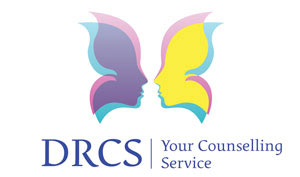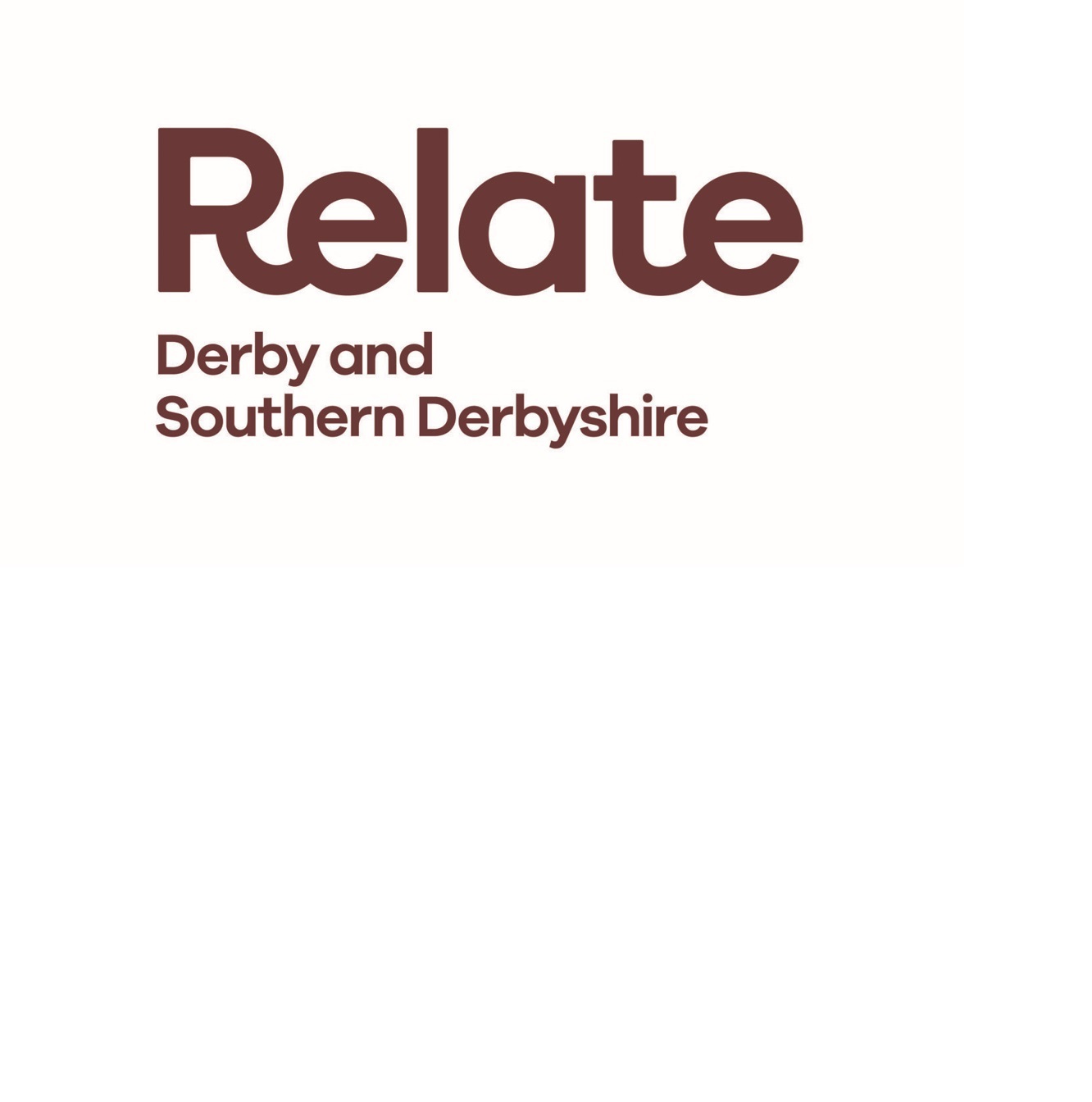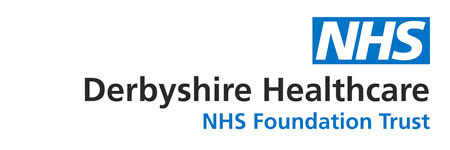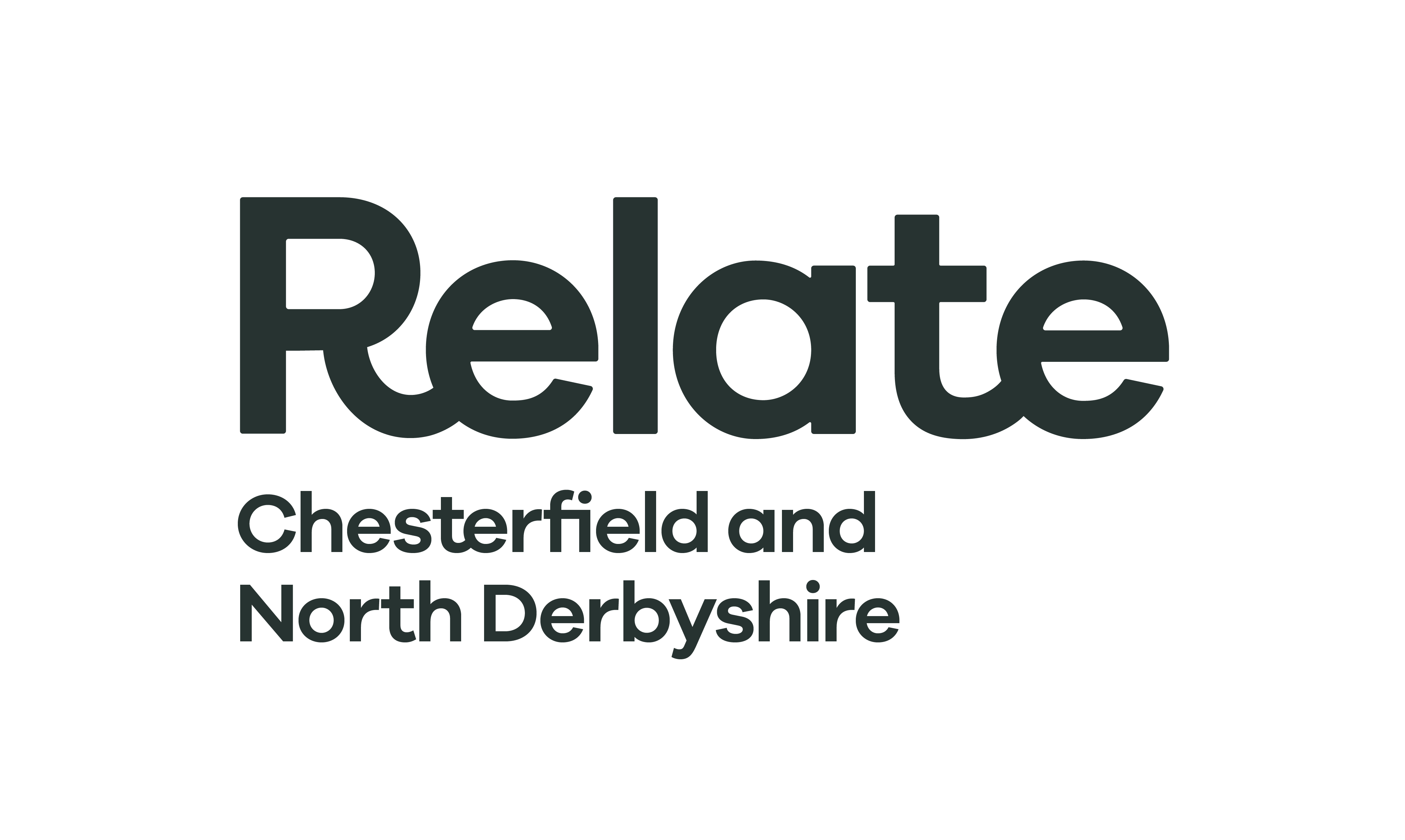Guidelines for referral to TMHD
 Talking Mental Health Derbyshire is part of the NHS Talking Therapies service. We offer short-term, evidence-based therapies at step 2 (guided self-help) and step 3 (Cognitive Behavioural Therapy, Counselling for Depression, Interpersonal Therapy, Dynamic Interpersonal Therapy, Eye Movement Desensitization and Reprocessing, Couples Therapy, Psychosexual Therapy, Mindfulness for Depression). We provide high-quality, compassionate and confidential care.
Talking Mental Health Derbyshire is part of the NHS Talking Therapies service. We offer short-term, evidence-based therapies at step 2 (guided self-help) and step 3 (Cognitive Behavioural Therapy, Counselling for Depression, Interpersonal Therapy, Dynamic Interpersonal Therapy, Eye Movement Desensitization and Reprocessing, Couples Therapy, Psychosexual Therapy, Mindfulness for Depression). We provide high-quality, compassionate and confidential care.
Talking Mental Health Derbyshire may be able to help people over the age of 16 who have the following problems:
- Depression
- General anxiety
- Stress
- Panic
- Phobias
- Social anxiety
- Low self-esteem
- Health anxiety
- Obsessive compulsive disorder / body dysmorphic disorder
- Post-traumatic stress disorder
Talking Mental Health Derbyshire is unable to provide treatment for:
- People who are a risk to themselves (suicide or significant self-harm; please see our section on what to do in a mental health crisis)
- Psychotic symptoms
- Alcohol or drug misuse. (However, following an assessment, we can sometimes offer safe and effective treatment for patients who are using drugs or alcohol at a level where they are able to engage with the treatment and attend all their appointments)
- Cognitive impairment / problems with cognitive functioning
- Anorexia or moderate to severe eating disorders
- Anger management
- Gambling and/or other addictions
- Patients already engaging in psychological therapy elsewhere (such as other NHS Talking Therapy services, Secondary Care services or been accepted by Crisis or Liaison Services) *
- Conditions requiring more specialist input e.g. personality disorder, bipolar or schizophrenia.
- Patients who do not have GP registration in Derbyshire.
- Severe learning disabilities
*If you have accessed an NHS Talking Therapy service within the last 6 months, we would encourage you to go back to that service in the first instance. If you have been accepted by Crisis or Liaison services, we require a 3-month period of stabilisation before referring to our service.
We provide treatment for specific common mental health problems of mild to moderate severity and relatively low risk. We can only expedite cases where the client is a veteran, pregnant or the mother of a child under one. We do not conduct urgent assessments. Clients may self-refer or be referred by health professionals using the form at the foot of this page. If you call to refer someone by phone, please include your name, your team's name and contact number with your message. We encourage case review before referral.
We are currently experiencing wait times of up to 10 months. Some providers in Derbyshire are reporting shorter waiting times and details for all providers in Derbyshire can be found on the Joined Up Care Derbyshire website.
| Conditions treated by TMHD | Conditions NOT treated by TMHD |
|---|---|
| Adjustment Disorder | Bipolar Disorder |
| Body Dysmorphic Disorder | Personality Disorders |
| Depression | Psychotic Disorders |
| Generalized Anxiety Disorder | Substance Misuse (physically dependent; high risk and /or not able/ willing to reduce use) |
| Health Anxiety | Any condition where suicide risk is high or has been high in recent months and there is poor emotional regulation |
| Hoarding (mild to moderate) | Severe Functional Impairment |
| Obsessive Compulsive Disorder | Chronic, lifelong mental health problems |
| Panic Disorder | Anger (unless secondary to anxiety or depression and low risk to self or others) |
| Phobias | Eating disorders (unless secondary to anxiety or depression and low risk) |
| Post Traumatic Stess Disorder | |
| Relationship Problems | |
| Social Anxiety | |
| Anger (low risk and secondary to anxiety/ depression presentations) | |
| Eating Disorders (low risk and secondary to an anxiety/ depression presentations) | |
| Depression and/or anxiety caused by long-term conditions (e.g. Post-Covid Sydnrome) |
Examples of cases where TMHD services may be able to help
- Able to work psychologically and engage in self-help/self-management
- Able to commit to appointments over an agreed time
- Able to work within a limited number of sessions
- Able and willing to tolerate high levels of emotion
We are able to adapt therapy for people with mild cognitive impairments and learning disabilities. More severe difficulties may require specialist services.
People with a condition not treated by Talking Therapies (eg personality disorder) may benefit from our help if they also have a presenting problem which we do treat (such as depression or anxiety) in the following circumstances:
- Risk is low
- The underlying problem is relatively stable
- The underlying problem is unlikely to be activated by providing short-term treatment for the presenting problem.
Examples of cases where TMHD services may not be able to help
Risk to staff as indicated by history of violence to others.
Recent (within the last three months) suicide attempt/suicidal behaviour; moderate/high risk self-harming behaviour – in the majority of cases, once the immediate high risk has passed, the person’s risk remains changeable and may be activated by focusing on traumatic events. Hence we recommend a period of stability, medication management, help with emotional regulation or referral to secondary care mental health services. In a minority of cases, people are safe to be seen in primary care sooner as their circumstances have significantly changed. We encourage case discussion to avoid poor patient experience of people being referred to us when we cannot help, so please contact us on 0300 123 0542 to discuss cases before you refer if there has been a recent suicidality/serious self harm and we can advise on suitability for TMHD/next steps, which in some instances may include referral to TMHD in future, once risk has stabilised.
Problem drinking or drug use within the last three months.
Lower-risk alcohol and substance misuse may not present a barrier to treatment, however higher use may be therapy-interfering. The type of substance and circumstances of use will be assessed to establish if a short-term talking therapy may help or conversely may lead to an escalation of risk relating to alcohol or substance misuse. If you work in a substance misuse service please click to download our further guidelines here.
People already receiving care in secondary mental health services are unlikely to benefit from short-term therapy as their problems may need longer term talking therapy or support from a number of professionals. However if people are receiving medication management in outpatients and are relatively stable then we may be able to help. We ask that staff call us for case review prior to referral as outlined in the IAPT secondary care referral criteria that forms part of the DHCFT and IAPT services contracts (please contact us if you would like a copy of this document).
People who have accessed NHS Talking Therapies within the last six months for the same problem who may need longer-term help.
We request that professionals make referrals to us directly using the referral form for professionals, rather than giving out our leaflets. We will liaise with you to discuss the case before booking an assessment. If we can’t make contact with you, we will write to you and close the referral.
Please call us to discuss any questions you may have about the suitability of a referral you are thinking of making. Please call our main office number at 0300 123 0542 during business hours, option 3 and ask for a service manager or duty worker.





